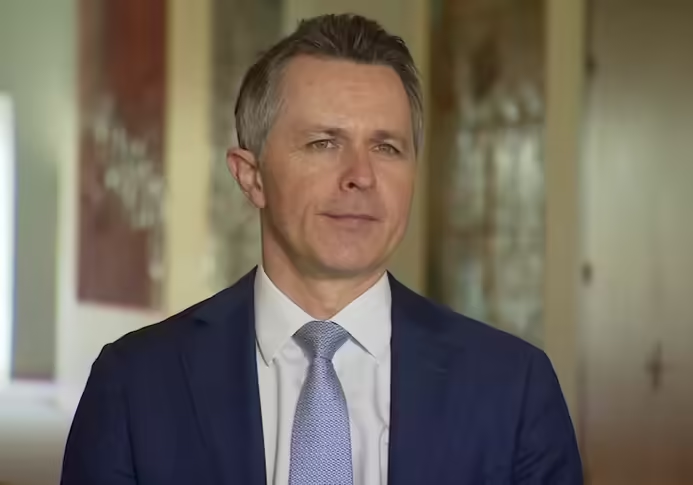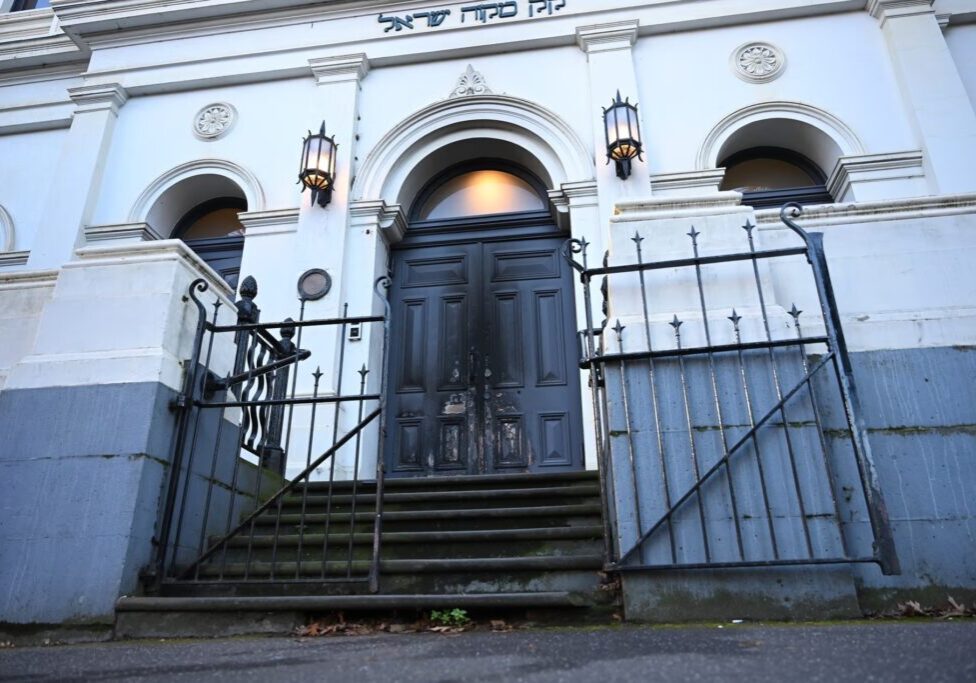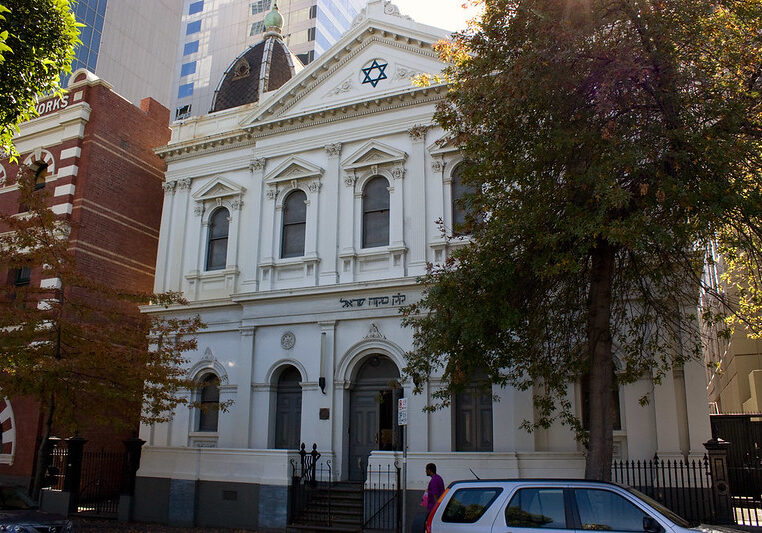Australia/Israel Review
Media Microscope: Between Alpha and Omega
May 6, 2020 | Allon Lee

The coronavirus pandemic may have been the alpha and omega of the media’s news focus, but there was still plenty of Middle East coverage, too.
On the cusp of the pandemic (March 14), Canberra Times columnist Crispin Hull decried successive US administrations, saying if they “had not sent massive amounts of arms to Israel since the 1960s and troops and weapons to Saudi Arabia – seen as an enemy of Shiite Muslims – since the 1950s and troops and weapons to other regimes in the Middle East or endlessly meddled on Israel’s side in the Palestinian conflict, anti-US sentiment would not have built up. It would not have built up to the extent that terrorist groups would make the US a prime target.”
Hull, of course, downplayed the former Soviet Union’s role in fomenting regional tensions, including spreading false intelligence that helped spark the 1967 war, as well as massive arms transfers in the 1950s and again between 1970 and 1973. Moreover, prior to 1967, Israel relied upon French, not US, military aid to counter Moscow’s interventions.
Renewed Iranian-American hostilities in April saw Australian commentator Graham Richardson (April 24) write that US President Donald Trump’s order “to ‘shoot down’ Iranian gunboats harassing US shipping” was “terrifying” and “dangerous”, adding, “being the one to fire the first shot is never a good look and may give some legitimacy to these mad mullahs who control Iran. Those ignorant, hate-filled theocrats should never be presented as being only as bad as the world’s superpower. The Israelis have been right all along. As long as the mullahs run the show, there can never be peace in the Middle East.”
A UK Channel 4 report on SBS TV “World News” (April 13) highlighted the Iranian regime’s cover-up and repression of the pandemic’s full effects, including in the holy city of Qom, both an epicentre of the virus and a central plank in the regime’s support base.
In the Australian (April 16), Lowy Institute analyst Rodger Shanahan called for the Trump Administration to lift “punitive” sanctions imposed on Iran after the US withdrew from the nuclear deal in 2018, predicting this would “ease tensions in the region and… gain favour among the Iranian population.”
A response to Shanahan by American Enterprise Institute scholar Michael Rubin in the Australian (April 27) provided evidence that the regime only shifts position when faced with “maximum pressure”.
Iran responded to Germany’s 1992 “critical dialogue” proposal, Rubin wrote, with “assassinations in Berlin just weeks later, a truck bombing of the Jewish community centre in Buenos Aires in 1994, and another targeting an American barracks in Saudi Arabia two years after that.”
Sanctions relief, Rubin said, would mostly benefit Iran’s Islamic Revolutionary Guard Corps, which dominates “manufacturing, trade, and all major industries, and control[s] perhaps 40 per cent of Iran’s economy” and would “deny hope to those who suffer the most.”
An online analysis (April 11) by ABC Middle East correspondent Eric Tlozek and ABC fixer Fouad Abu Ghosh explored COVID-19’s potential effects on Middle Eastern governments, including Iran and Syria. But no consideration was given to future repercussions for the Hezbollah-Iran relationship, which some blame for expediting COVID-19’s entry into Lebanon.
A welcome reality check, however, came courtesy of Dutch Lebanese writer Kim Ghattas who discussed her new book “Black Wave” (reviewed in the AIR, April 2020) on ABC Radio National “Religion and Ethics Report” (April 22).
During the lengthy interview, the corrosive effect of the partnership between Palestinian leaders and post-revolutionary Iran was raised.
According to Ghattas, PLO Chairman Yasser Arafat wooed Iran’s Ayatollah Khomeini in 1979 because Palestinians felt “repeatedly betrayed by the Arabs or let down by the Arabs because either they could not win wars against the Israeli occupation or they signed peace with the Israeli occupier… Arafat thought, well, who’s going to help us now reclaim the land that we lost in this partition plan of 1948, which we rejected.”
Khomeini, she said, “early on identified the Palestinian cause as one that could give him appeal beyond the Shi’a community… into the Arab world… Arafat was very supportive, helping to train the vanguards of the Iranian revolution in Lebanon, Islamists and leftists… And he was the first foreign dignitary to visit Ayatollah Khomeini in Iran in February 1979, just about a week after Khomeini returned.”
Tags: Australia, Media/ Academia






